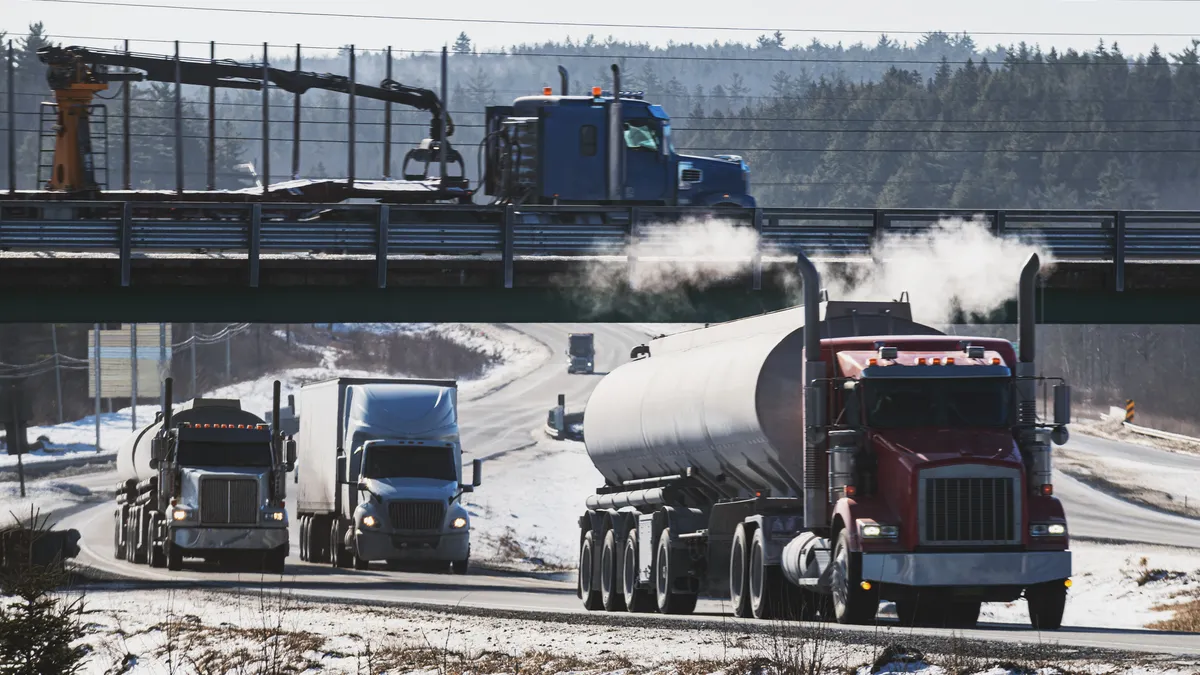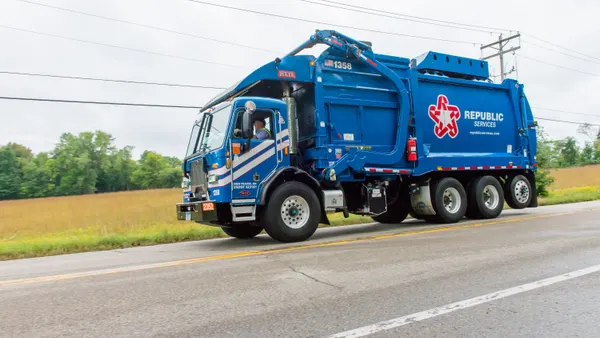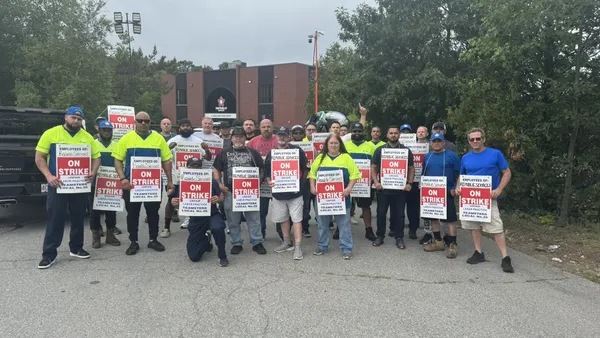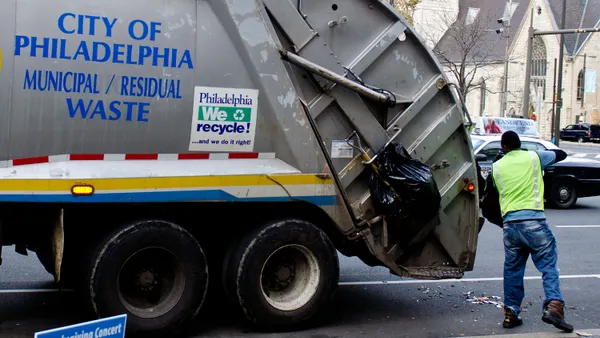Senate Republicans are pushing to overturn the U.S. EPA’s upgraded emissions standards for heavy-duty truck emissions standards for 2027 model year and newer vehicles.
Sen. Deb Fischer, a Nebraska Republican, introduced legislation alongside 33 of her colleagues on Feb. 9 to undo the regulation, which the group said would be challenging to implement and make new, compliant trucks cost-prohibitive for small business owners.
“The Biden administration is saddling the trucking industry with an onerous regulation that would jack up vehicle costs and hurt good paying jobs,” Fischer said in a statement. “This aggressive EPA rule — which will hit mom and pop truck operations the hardest — is also ineffective because it incentivizes operators to keep using older, higher-emitting trucks for longer.”
When issuing the final ruling in December, the EPA touted the updated standards as 80% more stringent than current ones. The 1,153-page rule was “just the first action” under the EPA’s Clean Trucks Plan to pave the way toward a zero-emission future, Administrator Michael Regan said at the time.
The EPA’s goal is to reduce heavy-duty truck nitrogen oxide emissions by more than 40% starting in 2040 and more than 50% by 2045. The tightened rule covers more engine operating conditions than today’s standards, and it requires the standards to be met for longer.
Danny Schnautz, president of Clark Freight Lines in Pasadena, Texas, said in a statement that prior years of over-ambitious emissions standards have already resulted in unreliable equipment. The issue even drove one of the primary engine manufacturers out of the on-road industry, the logistics executive said in a statement.
“These ongoing emission systems failures are devastating,” Schnautz said.
Owner-Operator Independent Drivers Association President Todd Spencer said the EPA’s rule had “largely ignored the warnings and concerns raised by truckers,” in a statement included in the Senate Republicans’ announcement.
“If small business truckers can’t afford the new, compliant trucks, they’re going to stay with older, less efficient trucks, or leave the industry entirely,” Spencer said.
The American Trucking Associations and the Truck and Engine Manufacturers Association were also among those in the industry who spoke out about the new rule in December. The groups noted that the success or failure of the regulation will depend on truck fleets’ purchasing decisions, as well as advancements by OEMs.
Sen. Mike Braun, who spent 39 years building a trucking and logistics company in his hometown of Jasper, Indiana, said in a statement he knows “firsthand the impact this heavy-handed EPA rule would have.”
“Truckers keep our country moving, so I’m proud to join my colleagues and put a stop to this bureaucratic overreach,” Braun said.












